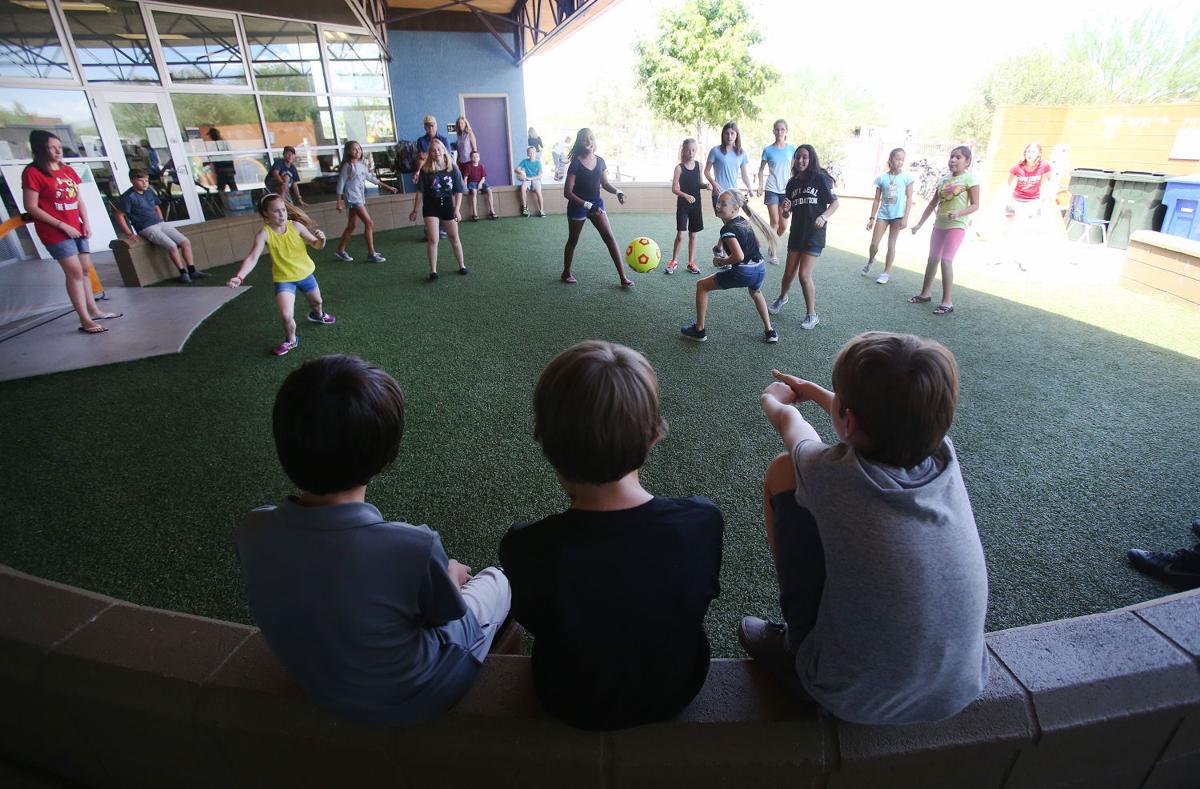PHOENIX — Saying it will lead to healthier children more ready to learn, a House panel voted Monday to require all schools to offer at least 50 minutes of recess a day to those in kindergarten through fifth grade.
And it has to be unstructured, meaning the kids decide for themselves how they want to spend the time.
The approval of HB 2082 by the House Education Committee came after a plea from freshman Rep. Jesus Rubalcava, D-Gila Bend. He told colleagues his experience as a teacher working with students with special needs, including hyperactive children, convinces him that all youngsters will benefit.
But despite the unanimous vote, not everyone was convinced.
“I don’t support mandates,” said Rep. David Stringer, R-Prescott. And he questioned the comments of witnesses who insisted that play time leads to better education.
“If the research on this is so strong in favor of the benefits of recess, then why wouldn’t charter schools and why wouldn’t individual districts and individual school governing boards recognize that and implement it?” he asked.
Rep. Jill Norgaard, R-Phoenix, said she’s not convinced that schools have the time to do what the legislation proposes. “What subjects would you suggest be replaced to include recess?” she asked.
But Rep. Paul Boyer, R-Phoenix, who chairs the committee, suggested that’s looking at the issue the wrong way.
“The question presupposes that this is not a critical component, especially for the little guys ... of their educational experience,” said Boyer who teaches at Veritas Preparatory Academy.
“It helps with behavior problems, it helps with all of the other subject areas,” he said. “So I think this is a critical component of one’s education, especially K through 5.”
And Rubalcava said the research is so strong that it becomes an obligation on state lawmakers to tell districts they will fit this into their schedules.
He cited one study where recess was added to a school where that was not part of the day.
“Students became more on-task and less fidgety on days when they had recess,” Rubalcava said, saying that even included students with attention-deficit disorder. And he said there is evidence that sunlight stimulates the pineal gland that regulates the body’s clock “and simply makes us feel better.”
But Rubalcava said he’s not relying purely on academic studies, citing his experience with hyperactive kids.
“Recess is an opportunity to expend energy in a healthy, suitable manner,” he said.





